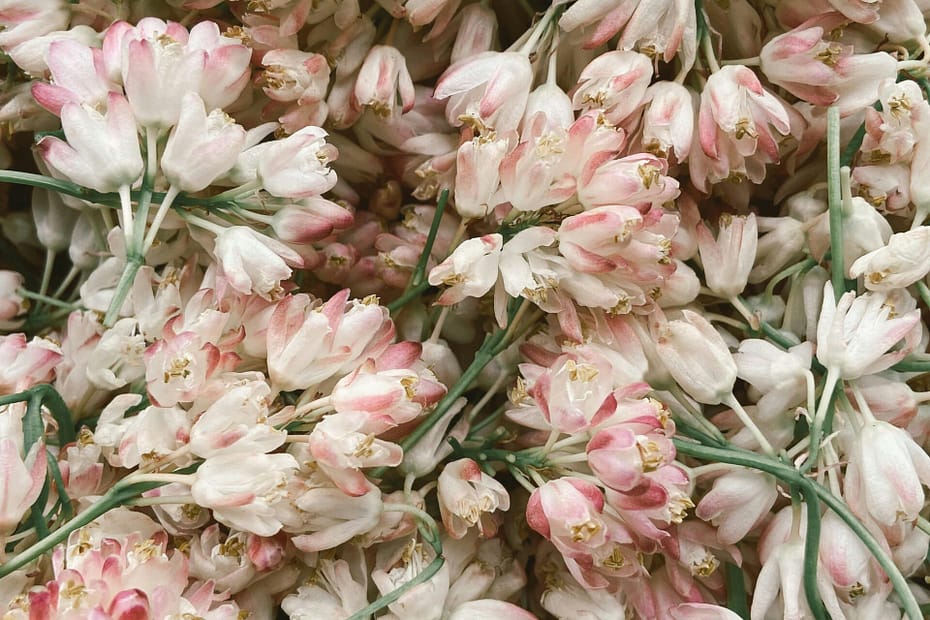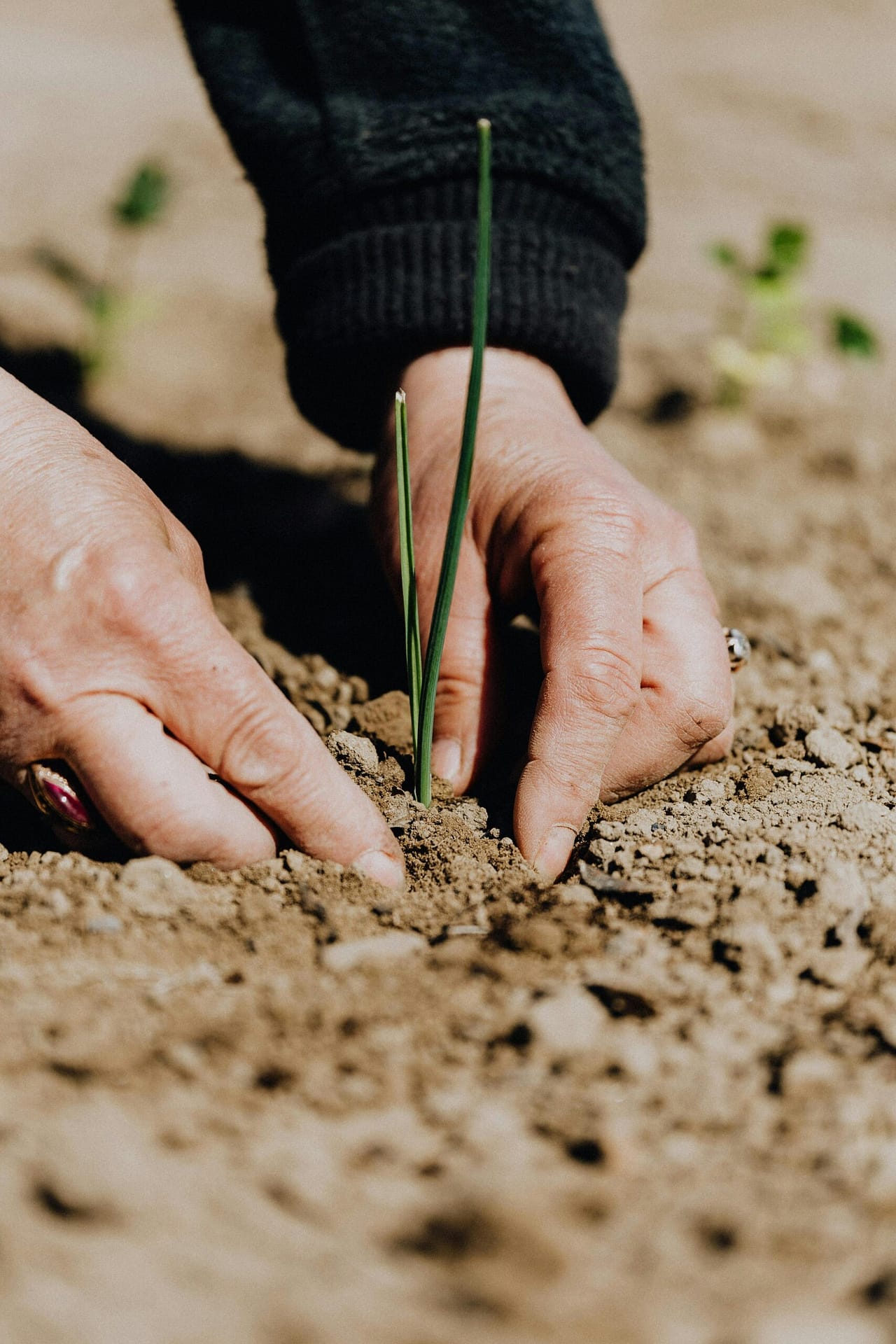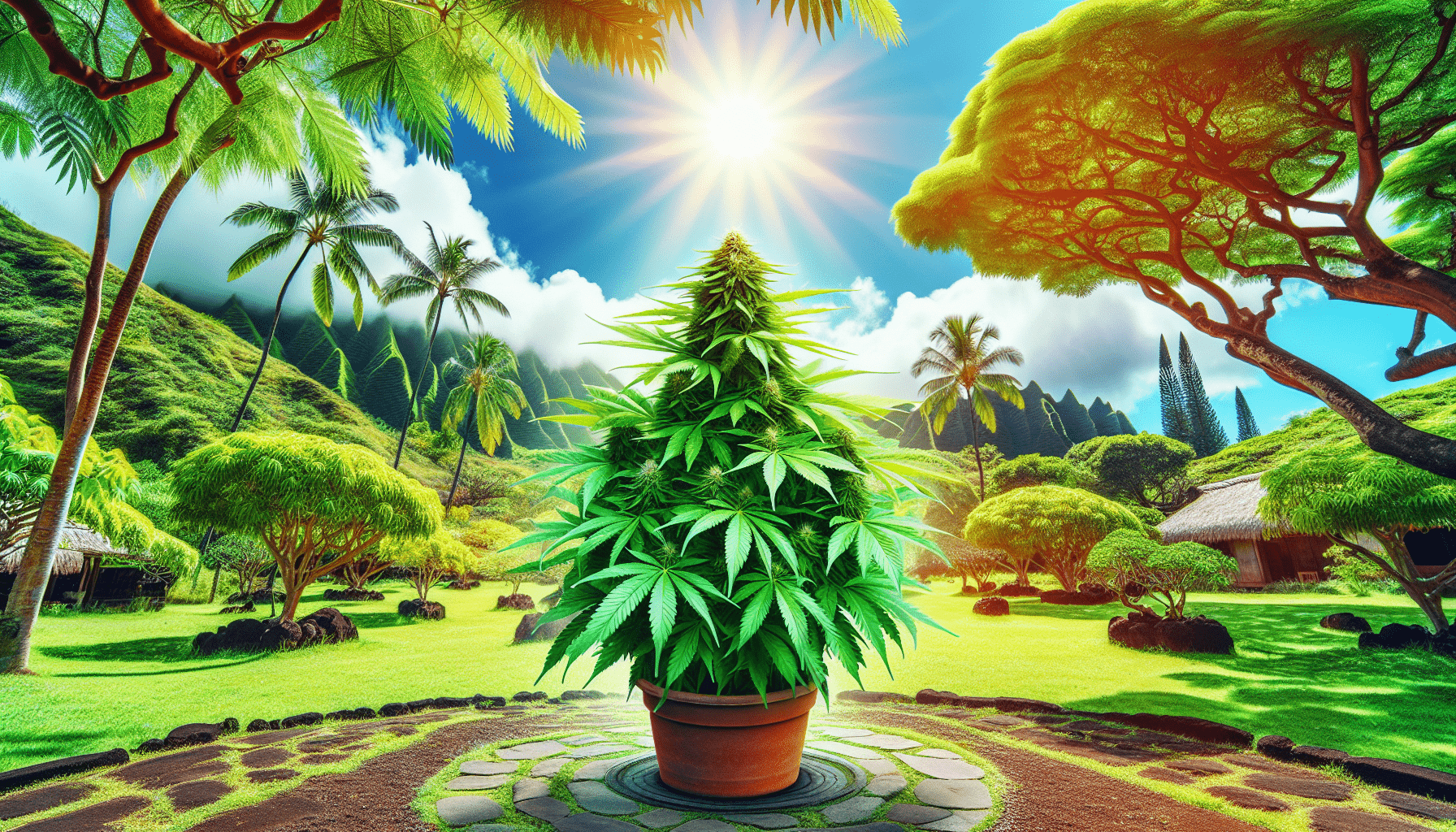Hey there! If you’re thinking about getting into the cannabis cultivation industry in Hawaii, it’s important to know what licenses you’ll need to legally operate. Obtaining the proper licenses is crucial to ensure compliance with the state’s regulations and avoid any potential legal issues. In Hawaii, there are specific licenses required for cannabis cultivation, each with its own set of guidelines and requirements. Let’s take a closer look at what you need to know to start your cannabis cultivation business in the beautiful islands of Hawaii.
What Licenses Are Required For Cannabis Cultivation In Hawaii?
Have you ever wondered what licenses are needed for cannabis cultivation in Hawaii? If you’re looking to start a cannabis cultivation business in the beautiful Hawaiian Islands, it’s essential to understand the licensing requirements to operate legally. This article will walk you through the different licenses needed for cannabis cultivation in Hawaii, helping you navigate the regulatory landscape.
Understanding Cannabis Laws in Hawaii
Before diving into the specific licenses required for cannabis cultivation in Hawaii, it’s essential to have a basic understanding of the state’s cannabis laws. Hawaii legalized medical marijuana in 2000 and adult-use cannabis in 2020, allowing for a regulated market for both medicinal and recreational cannabis.
Medical Marijuana Laws
Hawaii’s medical marijuana program allows patients with qualifying conditions to access medical cannabis through state-licensed dispensaries. Patients must obtain a medical marijuana card and recommendation from a licensed physician to purchase and use medical cannabis legally.
Adult-Use (Recreational) Cannabis Laws
In 2020, Hawaii passed legislation to legalize the recreational use of cannabis for adults aged 21 and older. The new law allows for the possession, cultivation, and use of cannabis for recreational purposes. However, commercial cultivation and sale of adult-use cannabis are still regulated under the state’s licensing requirements.
Types of Licenses for Cannabis Cultivation in Hawaii
To legally cultivate cannabis in Hawaii, you must obtain the necessary licenses from the state’s Department of Health (DOH) and the Cannabis Control Commission (CCC). There are several types of licenses available for cannabis cultivation in Hawaii, each with its specific requirements and regulations.
1. Cultivation License
The primary license required for cannabis cultivation in Hawaii is the cultivation license. This license allows individuals or businesses to grow, harvest, and process cannabis for medical and adult-use purposes. Cultivation licenses are further categorized based on the size and scale of the operation, including:
- Class A (Small) Cultivation License: Allows for the cultivation of up to 500 square feet of canopy space.
- Class B (Medium) Cultivation License: Allows for the cultivation of up to 3,000 square feet of canopy space.
- Class C (Large) Cultivation License: Allows for the cultivation of more than 3,000 square feet of canopy space.
Each class of cultivation license comes with its own set of requirements, such as security measures, quality control protocols, and environmental compliance standards.
2. Processing License
In addition to a cultivation license, individuals or businesses looking to process cannabis products in Hawaii must obtain a processing license. A processing license allows for the manufacturing, packaging, and labeling of cannabis products, such as edibles, extracts, and topicals. Like cultivation licenses, processing licenses are subject to specific regulations and oversight by state authorities.
3. Dispensing License
For businesses looking to sell cannabis products to consumers, a dispensing license is required. Dispensaries are the primary point of sale for medical and adult-use cannabis in Hawaii, providing patients and consumers with access to a variety of cannabis products. Dispensing licenses come with strict requirements for inventory control, security, and staff training to ensure compliance with state regulations.
How to Apply for Cannabis Cultivation Licenses in Hawaii
Now that you understand the different types of licenses required for cannabis cultivation in Hawaii, let’s take a look at the application process and requirements for obtaining these licenses.
1. Determine Eligibility
Before applying for a cannabis cultivation license in Hawaii, you must ensure that you meet the eligibility criteria set forth by the state. This may include background checks, financial disclosures, and residency requirements for license applicants.
2. Prepare Your Business Plan
As part of the application process, you will need to submit a detailed business plan outlining your proposed cannabis cultivation operation. This plan should include information on your cultivation facility, security measures, staffing requirements, production processes, and financial projections.
3. Submit Your Application
Once you have gathered all the necessary documents and information, you can submit your application for a cannabis cultivation license to the appropriate state agencies. Be sure to pay the required application fee and adhere to any deadlines or instructions provided by the licensing authorities.
4. Pass Inspections and Audits
After submitting your application, state officials will conduct inspections and audits of your cultivation facility to ensure compliance with licensing requirements. This may include checks on security systems, cultivation practices, product testing protocols, and record-keeping procedures.
5. Receive Your License
If your application is approved and your cultivation operation meets all regulatory standards, you will be issued a cannabis cultivation license by the state of Hawaii. This license will allow you to legally grow and process cannabis for medical and adult-use purposes in the state.
Compliance and Regulations for Cannabis Cultivation in Hawaii
Once you have obtained your cannabis cultivation license in Hawaii, it’s essential to stay in compliance with all state regulations and guidelines to avoid penalties or license revocation. The state’s Department of Health and Cannabis Control Commission oversee the cannabis industry in Hawaii and set forth rules and regulations that licensed cultivators must follow.
Security and Surveillance
Cannabis cultivation facilities in Hawaii are required to have robust security and surveillance systems in place to prevent diversion and theft of cannabis products. This includes video surveillance, access control measures, alarm systems, and inventory tracking to ensure the safety and security of the operation.
Quality Control and Testing
All cannabis products cultivated in Hawaii must undergo rigorous testing for potency, purity, and contaminants before they can be sold to consumers. Licensed cultivators are required to work with accredited testing laboratories to analyze their products and ensure compliance with state-mandated quality control standards.
Environmental Compliance
Cannabis cultivation can have environmental impacts, such as water usage, energy consumption, and waste generation. Licensed cultivators in Hawaii must implement sustainable practices to minimize their environmental footprint, including water recycling, energy-efficient lighting, and waste management strategies.
Reporting and Record-Keeping
Cultivation license holders in Hawaii are required to maintain accurate records of their cannabis operations, including seed-to-sale tracking, inventory management, and product labeling. Regular reporting to state authorities is necessary to demonstrate compliance with regulations and ensure transparency in the supply chain.
Conclusion
Navigating the licensing requirements for cannabis cultivation in Hawaii can be a complex process, but with the right information and preparation, you can successfully obtain the necessary licenses to operate legally in the state. By understanding the different types of licenses available, the application process, and compliance requirements, you can set yourself up for success in the competitive cannabis industry in Hawaii. Remember to stay informed and up to date on any changes to state regulations to maintain your license and grow your cannabis business effectively.





